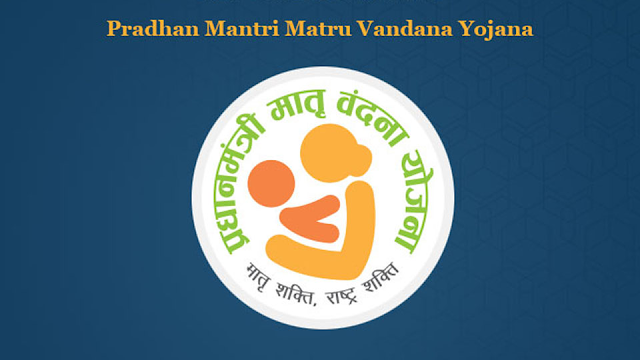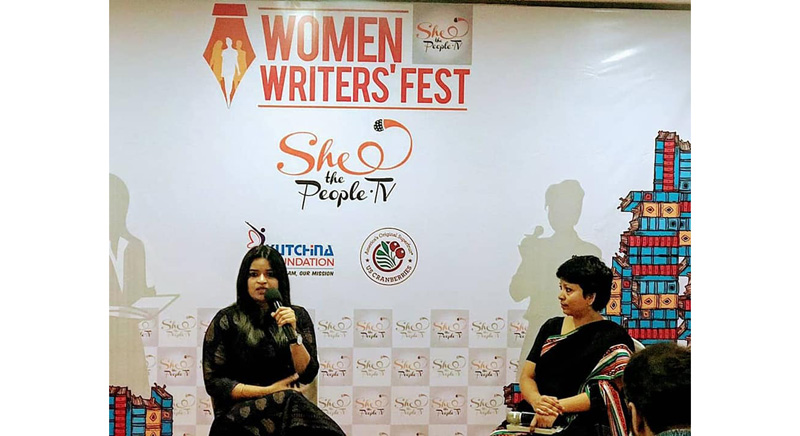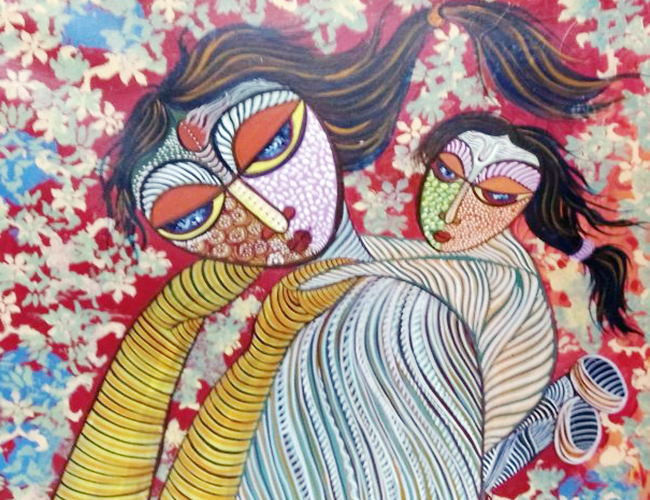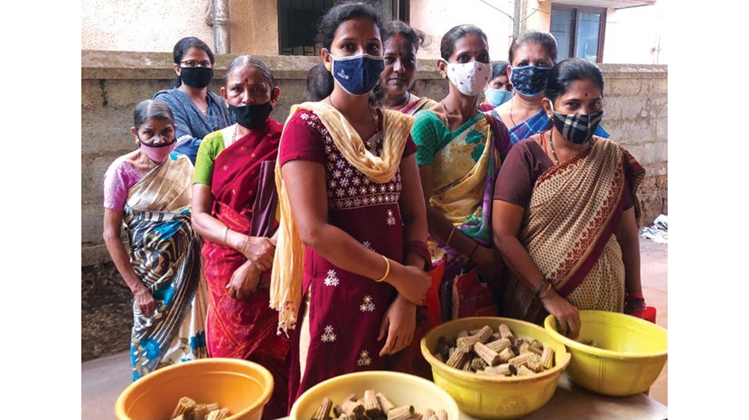#MeToo, moved thousands of Indian women to express the sexual abuse they faced
Me Too, is not the first social media movement to make people acknowledge sexual abuse of women. Earlier in 2014, #YesAllWomen campaign and 2012’s #EverdaySexism campaign had also attempted to highlight the issue

Kolkata: Over the past 24 hours, MeToo has been trending over the internet. For, those walking in late, Metoo, is a social media campaign initiated by Hollywood actor Alyssa Milano, after the scandal of Hollywood producer Harvey Weinstein came out in the open. The campaign aims at making women speak out, if they have experience sexual abuse at some point of their life and let the world know the magnitude of the sexual assaults that women face in her life.
The most trending
MeToo, has now become of the most trending topic on social media, with over half a million tweets and infinite number of Facebook shares. Eminent Hollywood personalities, right from Lady Gaga, Patricia Arquette to many more took on to the social media to make this movement go viral.
The campaign, which has taken off well in the west, has also gained a huge momentum, both in India and the sub-continent, among netizens.
Since Monday morning, several women, many well-known figures have shared MeToo on Twitter and Facebook, including activists, journalists, writers. As time trickled by, the social media movement grew stronger, with women taking on to Facebook and Twitter, to share their story.
Even UN Women also tweeted that it is the time to listen the voices of women around the world. It is the time we take stand against the violence against women. The twitter handle also mentioned that 1 out of 3 women and girl experience violence in their lifetime.
#MeToo, India
Delhi-based documentary maker Saba Dewan, a name synonymous with the #NotInMyName campaign, also, narrated her fear that she had developed because of the constant sexual advances that she had to face since the age of 6.
Significantly, Indian women, chose to share their experiences without naming and shaming the culprit. Also, according to most of the experiences shared, the offenders, were either relatives, colleagues or mostly men they had known for some time.
Interestingly, Bollywood refrained from addressing the issue. One or two stray tweet was all this movement got, unlike Hollywood. It is when, Bollywood actor like Priyanka Chopra, who is now getting many roles in Hollywood in an interview said after the MeToo trend that, she had lost major movies as she chose not to compromise.
Men Too!
Men too, came out in a decent number to share the sexual exploitation that they had faced as a child. Shilbhadra Baban Dutta, posted, “As a little boy, dirty men did dirty things to me.” Dutta, was not the only man speaking out on sexual abuse faced by men or boys. Sarfaraz Khan, a Fiji-based social worker, highlighted in his post, how parents and relatives turn a blind eye, when kids report of being sexually abused by a relative. In his post he shares that his plight of being violated at the age of 7.
Nobel laureate, Kailash Satyarthi, in support of the movement, tweeted, “MeToo is a reflection of the social and cultural revolution that is sweeping the world. The victims are shedding the stigmatisation. We will not allow our children and women to be invalidated by societal constructs, I stand with you all til (till) we end this.”
Trending, but not for India
But, despite thousand of shares and tweets related to MeToo being written by Indians, indicating that it is an everyday issue in India, many feel that the movement would yield not much result. “We took on to the streets after Nirbhaya. But has that stopped rapes? No. So, I have little hope about MeToo bring about a social change. Also, none of those tweeting are naming and shaming,” said Ananya Das, a Kolkata-based student of Sociology.
However, many feel that this could be a precursor, to bringing about a change. “Till sexual violence is not stamped out from the face of the earth we have to keep reminding the world, our men, our children, how we were violated and felt helpless then. We have to continuously break the culture of silence, break the culture of denial, finish the concept of honour and Shame associated with it. Only when girls and Women can talk normally about it, not have fear that they will be best will this violence and abuse finish. Men, families and society has to learn to respect the autonomy of the women. This is the key,” summed up Jaipur-based activist, Kavita Shrivastava.
Not the first
Me Too, is not the first social media movement to make people acknowledge sexual abuse of women. Earlier in 2014, #YesAllWomen campaign and 2012’s #EverdaySexism campaign had also attempted to highlight the issue.






